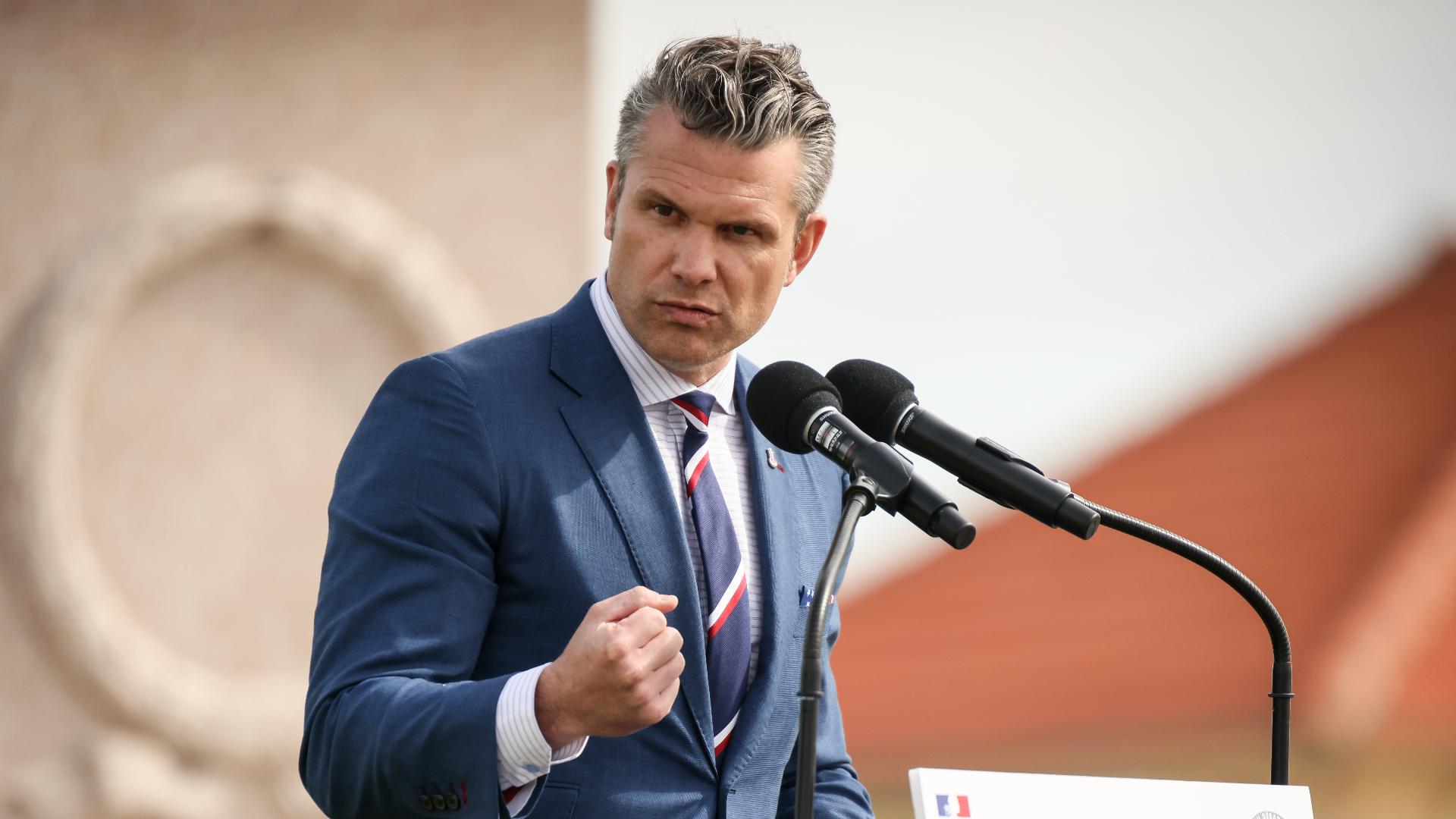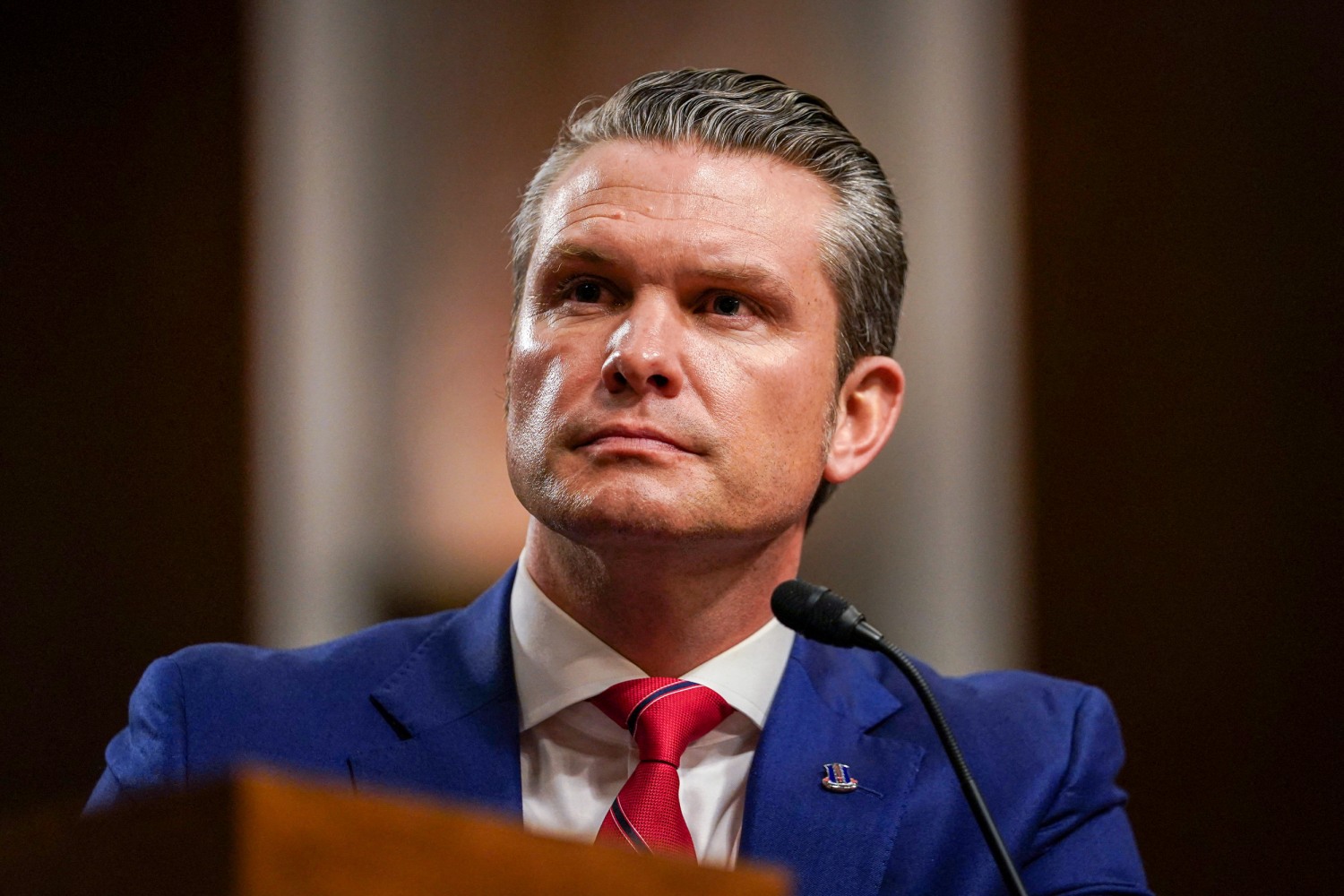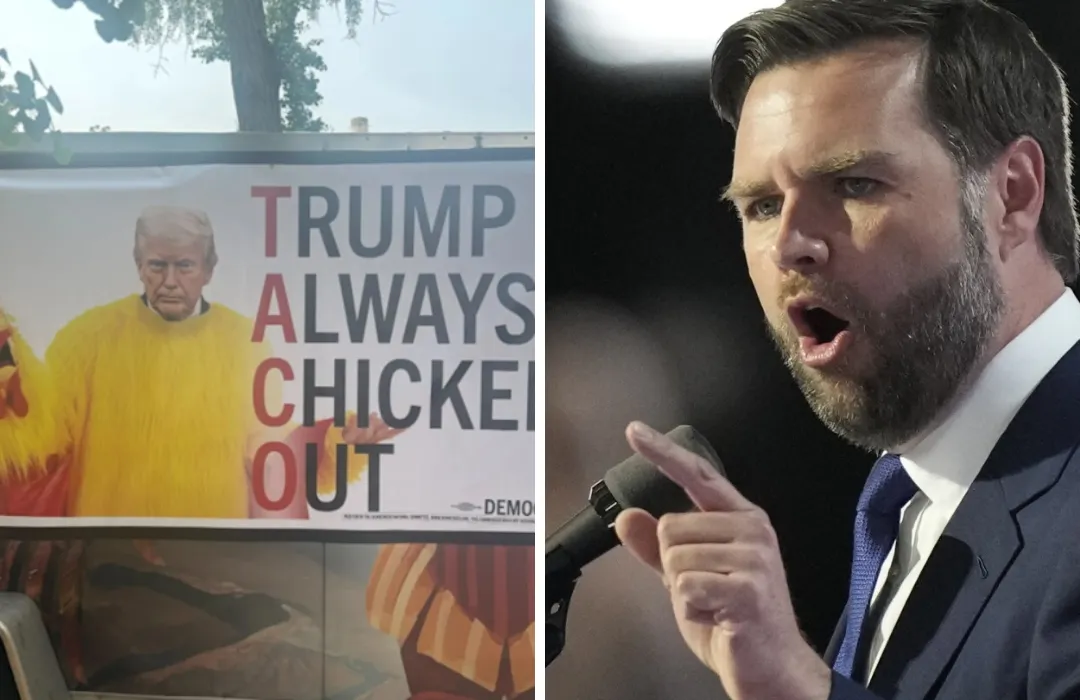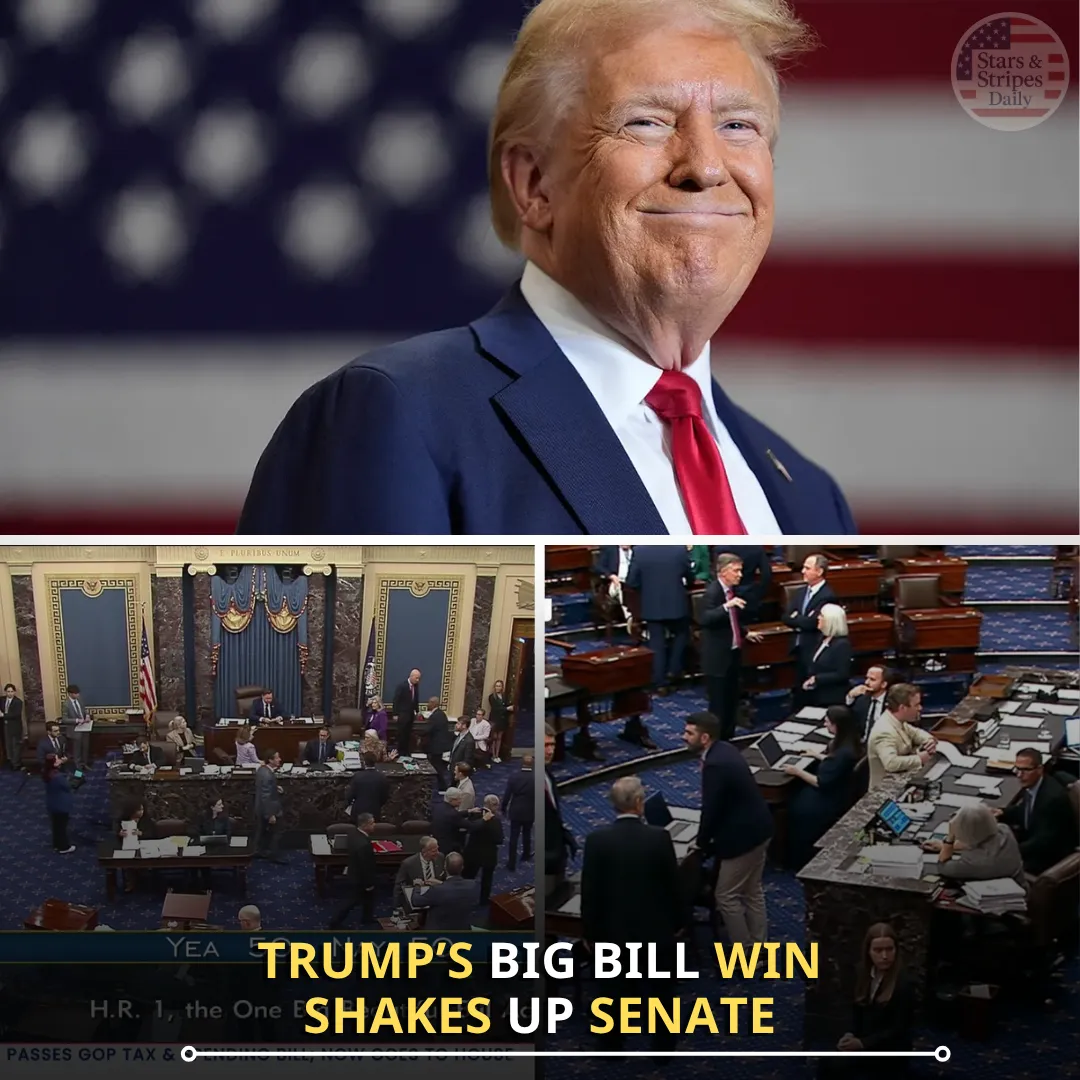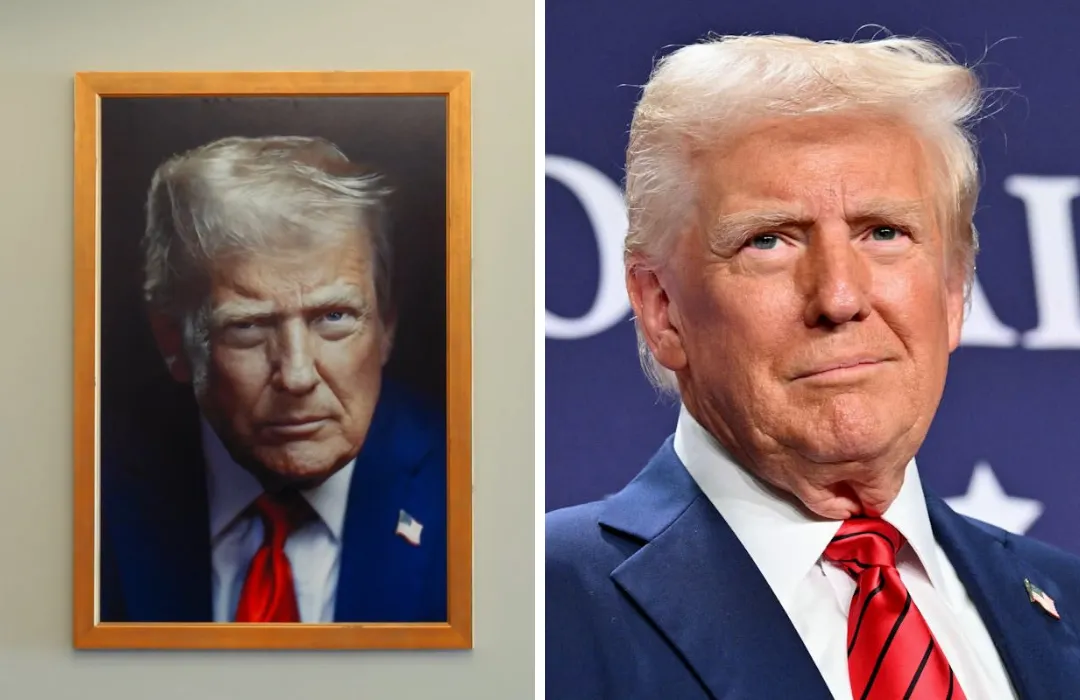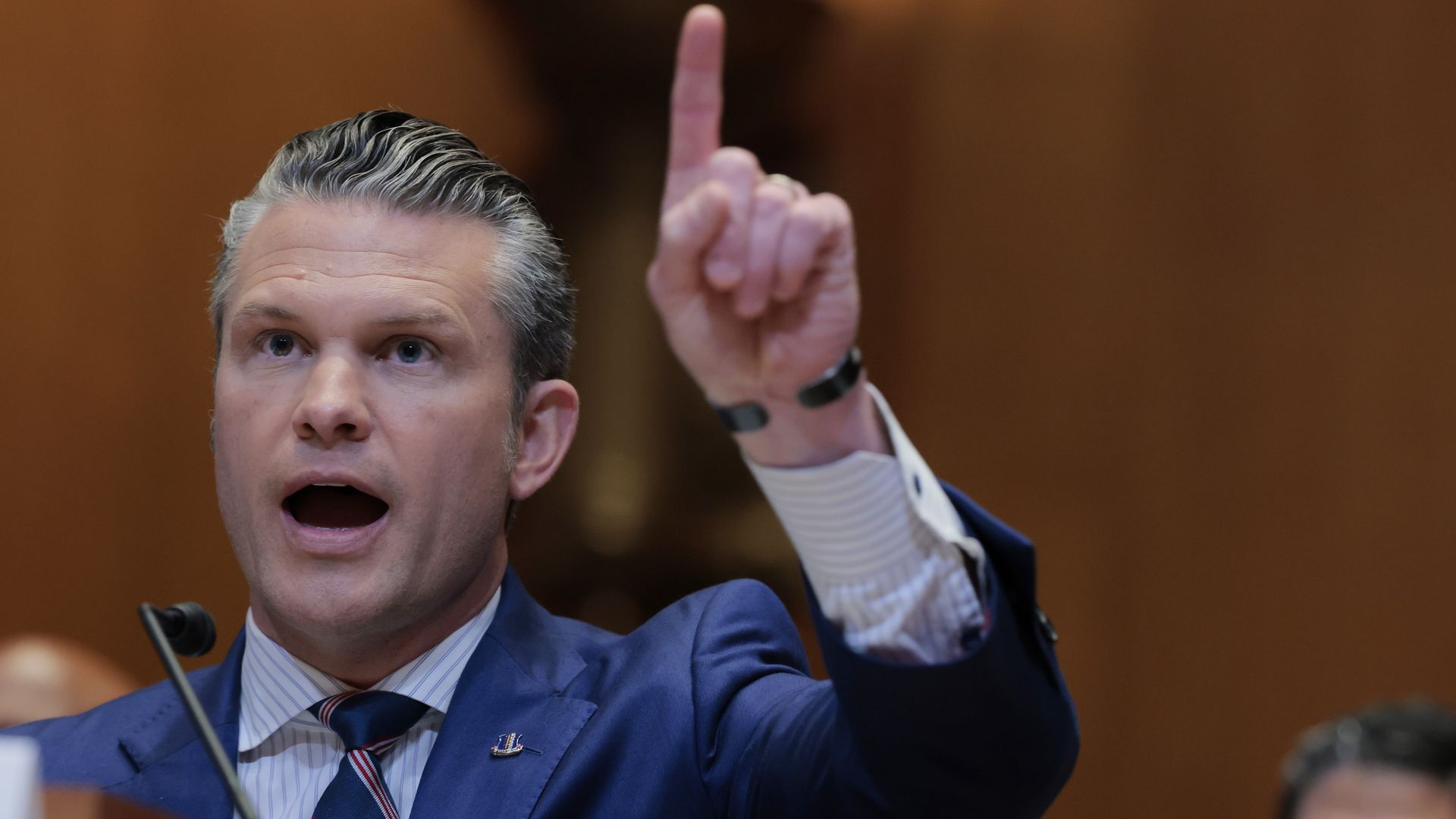
In an intense congressional hearing held on Tuesday, Defense Secretary Pete Hegseth faced sharp questions and criticism from lawmakers demanding answers about his decision to deploy National Guard troops to Los Angeles. The deployment, which was in response to protests over immigration raids, was estimated to cost $134 million, sparking fiery exchanges and drawing bipartisan frustration over the lack of transparency regarding the Trump administration’s defense budget.
The hearing marked a pivotal moment as Congress ramped up its scrutiny of the Pentagon’s spending and policy decisions under Hegseth's leadership.
The hearing before the House Appropriations defense subcommittee was the first time lawmakers had the opportunity to directly challenge Hegseth since his confirmation. The topic of the National Guard deployment became the focal point, with Rep. Betty McCollum (D-Minn.) and other members questioning the justification for spending $134 million on a 60-day deployment involving approximately 700 Marines and over 4,100 National Guard troops.
The troops were sent to Los Angeles to protect federal buildings and personnel amid protests surrounding the immigration raids.
During the exchange, Hegseth defended the decision, arguing that the deployment was essential to safeguard federal agents who were carrying out their duties. "We want to ensure that those rioters, looters, and thugs assaulting our police officers know that we're not going anywhere," Hegseth asserted.
Despite this justification, lawmakers pressed him on the high cost of the operation, with McCollum pushing for more clarity on how the $134 million would be spent.
Bryn Woollacott MacDonnell, Hegseth’s acting comptroller, provided a breakdown of the costs, which included travel, housing, and food expenses. Hegseth continued to defend the spending, emphasizing that the deployment was necessary to maintain order and protect federal assets in the face of mounting unrest.
As the questioning continued, Hegseth suggested that the use of troops inside the United States would likely continue to expand. "I think we're entering another phase, especially under President Trump with his focus on the homeland, where the National Guard and Reserves become a critical component of how we secure that homeland," he remarked.
This statement reflects the broader security philosophy of the Trump administration, which has increasingly relied on military forces for domestic operations.
While the Posse Comitatus Act prohibits military personnel from directly policing U.S. citizens on American soil, Hegseth's remarks implied that the administration may consider invoking the Insurrection Act, which allows the military to take action in certain domestic situations. Though the invocation of the Insurrection Act is rare, Trump left open the possibility, commenting, "If there's an insurrection, I would certainly invoke it. We'll see."
The potential use of troops to intervene in domestic unrest raised further concerns about the balance between national security and civil liberties.
Beyond the specifics of the troop deployment, lawmakers expressed broader frustrations with the lack of transparency regarding the Trump administration’s first proposed defense budget. Trump has said that the budget would total $1 trillion, a significant increase over the current spending level of more than $800 billion.
The proposal includes ambitious projects, such as the $175 billion Golden Dome missile defense system, which has drawn both support and skepticism from lawmakers.
Rep. Rosa DeLauro (D-Conn.) voiced strong criticism, telling Hegseth, “Your tenure as secretary has been marked by endless chaos.” Lawmakers from both parties echoed concerns about the lack of a detailed defense budget and the administration’s efforts to bypass Congress to push through certain changes.
Specifically, some members expressed frustration with high-profile spending initiatives, such as the plan to upgrade a Qatari jet to serve as Air Force One, which would cost hundreds of millions of dollars, and the $45 million earmarked for a parade marking the Army's 250th birthday, which coincides with Trump’s birthday.
Despite the heated debate, Hegseth remained steadfast in defending the Trump administration’s defense priorities, emphasizing that the proposed budget was necessary to ensure the U.S. military remains capable of meeting emerging global threats, particularly from China and Russia.
In addition to the domestic deployment of troops, lawmakers also pressed Hegseth on the administration’s foreign policy, specifically its handling of the ongoing conflict in Ukraine. Hegseth was asked about the surprise drone strike in early June, in which Ukraine destroyed a large number of Russian bomber aircraft.
The attack, which caught the U.S. off guard, represents a significant advance in drone warfare and has prompted the Pentagon to reassess its own drone defense capabilities.
While acknowledging the importance of the strike, Hegseth revealed that funding for Ukraine's military assistance would be reduced in the upcoming defense budget. This marks a shift in the Trump administration’s approach to Ukraine, with Hegseth arguing that the U.S. should focus on a “negotiated peaceful settlement” rather than continuing to funnel resources into the conflict.
The decision to cut funding for Ukraine could have far-reaching implications, as the U.S. has already provided over $66 billion in aid to Kyiv since Russia’s invasion in February 2022.
Hegseth’s tenure at the Pentagon has also been marked by significant internal reforms, including the purging of diversity programs and efforts to streamline military leadership. While these actions have garnered praise from certain quarters, they have also drawn criticism from those who view them as politically motivated or counterproductive to the military’s long-term goals.
Hegseth has spent considerable time advocating for these social changes, but his visibility on critical international security crises has been somewhat limited.
For instance, while he participated in a national security conference in Asia about China’s growing influence, he skipped a NATO meeting that discussed support for Ukraine. His absence from such important diplomatic events has raised questions about his commitment to international cooperation and the broader role of the U.S. in global security.
The intense scrutiny of Pete Hegseth during Tuesday’s hearing represents just the beginning of a broader conversation about the direction of U.S. defense policy under the Trump administration. With the proposed $1 trillion defense budget and the increasing use of military forces on U.S. soil, the coming months will likely see continued debate over the administration’s priorities.
Hegseth’s steadfast defense of Trump’s military spending, particularly the deployment of troops to Los Angeles and the expansion of military involvement in domestic affairs, is sure to fuel further controversy. Meanwhile, the shift in U.S. foreign policy, as exemplified by the reduction in funding for Ukraine, could signal a reorientation of America’s role in global security.
As the Trump administration faces mounting challenges, Hegseth’s leadership at the Pentagon will undoubtedly remain a focal point for lawmakers, military leaders, and the American public. The defense budget, troop deployments, and foreign policy decisions will continue to shape the future of U.S. national security, and Hegseth’s tough challenge in Congress is far from over.


